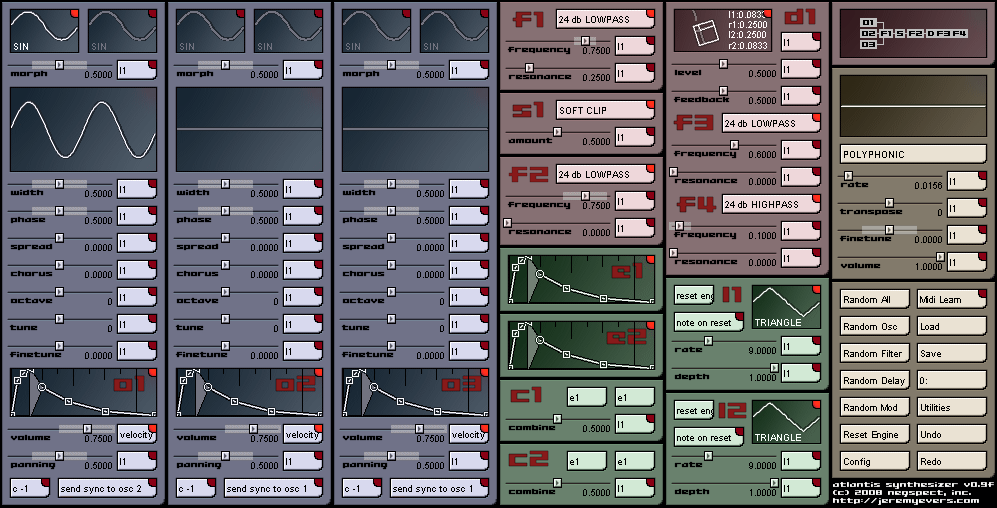Nobody has mentioned such a thing as "loudness normalization" and you seem to misunderstand what we're discussing here. The suggestion is that the competition offer advice/suggestion to limit the maximum RMS/LKFS of a track (including sections of track such as per-bar) to a certain value. -14 dB LKFS was suggested as this is a common broadcast standard and already employed by various commercial streaming services.
It is not possible to automatically apply this. It requires measuring the result and adjusting in an iterative process like most tasks in mixing. This specific level however is the typical maximum level for a well-mixed sample of music which is why it was chosen as a broadcast standard.
I've been able to find several descriptions of volume limiting applied by streaming services using the misnomer "normalization". While it is possible to limit volume downward by simply reducing the gain, it is not possible to do so upward without introducing distortion. (It's physically/mathematically impossible.) Normalization is not an accurate term because in reality such an automated process would be a combination of multiple techniques including both gain reduction (downward limiting) and compression (upward limiting).
The fact the service in question does not apply an automatic process is not "the problem" and not what we're discussing here at all. What we're discussing is to provide some basic information (suggestion) to newbies and experienced alike about the preferred loudness for well mixed tracks entered into the competition.



